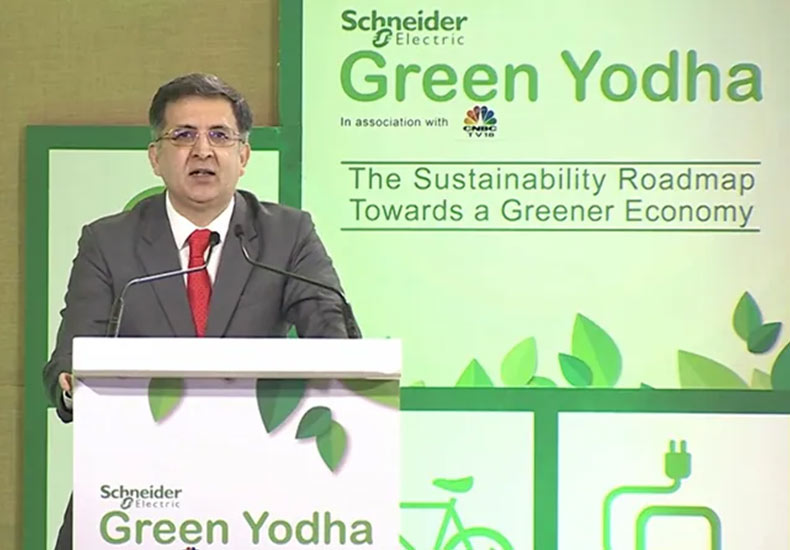About the theme
India’s response to climate change has been positive under the Paris agreement. However, there exist critical gaps that need to be addressed to ensure India's adoption of sustainable practices across industry and society. The Tata Trusts are working to build a broader movement around the issues of climate and the need to balance these against developments. India is highly vulnerable to the impact of climate change primarily due to three factors -- high degree of dependence on agriculture, long coastlines with rising sea levels, and reliance on fossil fuels to meet energy requirements. We have already started experiencing the initial effects of climate change, with extreme temperature patterns, decreasing rainfall trends and frequent occurrence of extreme weather events. These factors are likely to have wide-ranging ramifications for agriculture, forestry and land use, water availability and energy.
The most effective way forward for India’s 1.3billion people over the next decade is to create diverse and large-scale livelihoods where positive outcomes can be measured through the regeneration of natural ecosystems across the subcontinent. The country’s rich natural infrastructure offers current and future generations their best chance to overcome the increasingly harsh impact of climate change being manifested in the form of extreme climatic events, and the deteriorating condition of our air, land and water resources.
The Trusts, through their work on climate change, adopt a spirit of partnership in making the planet a better place, and improving life for future generations in a sustainable way. The key aspects identified to make the multi-stakeholder approach successful include technical support, capacity-building, data convergence and working in tandem with all stakeholders.

